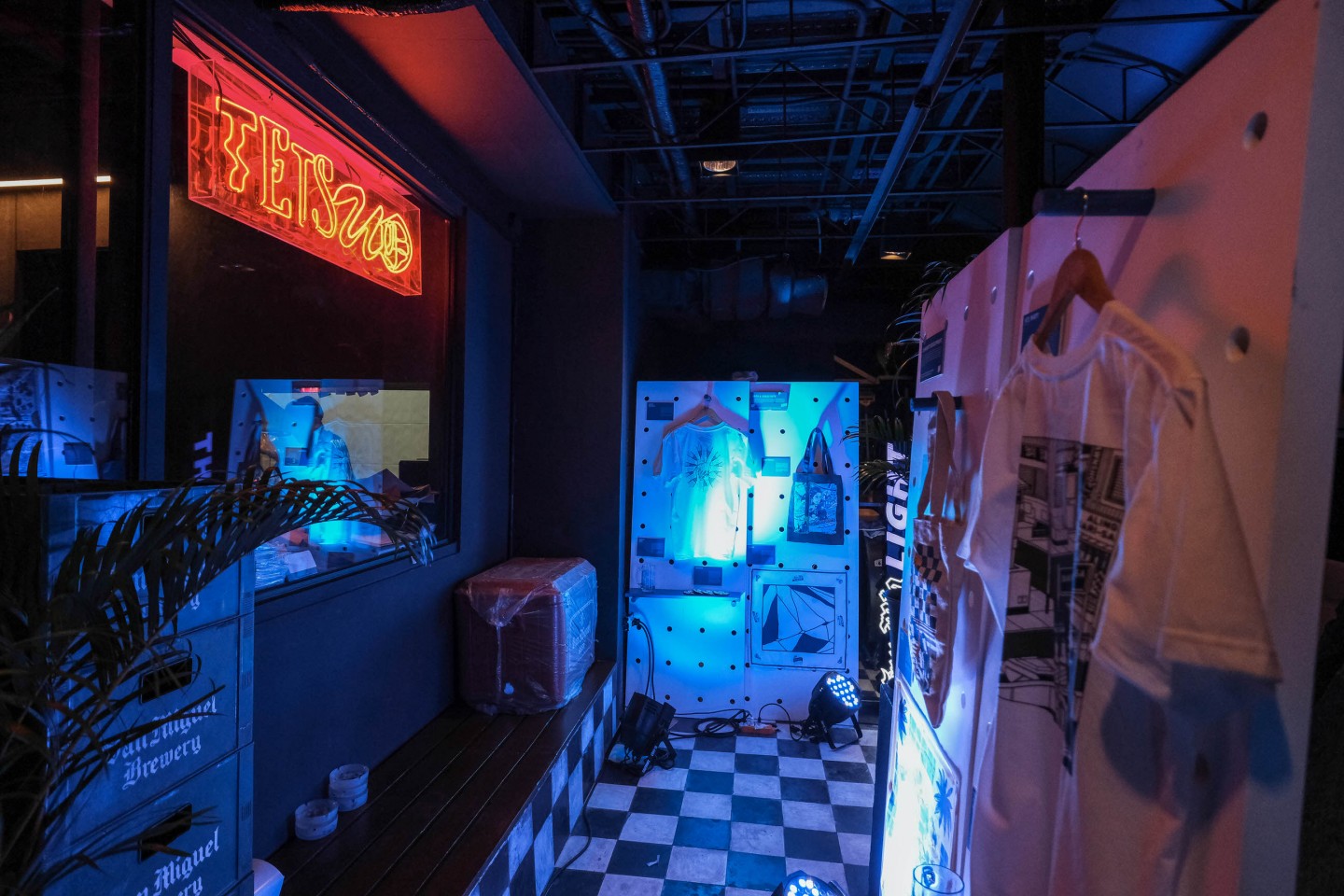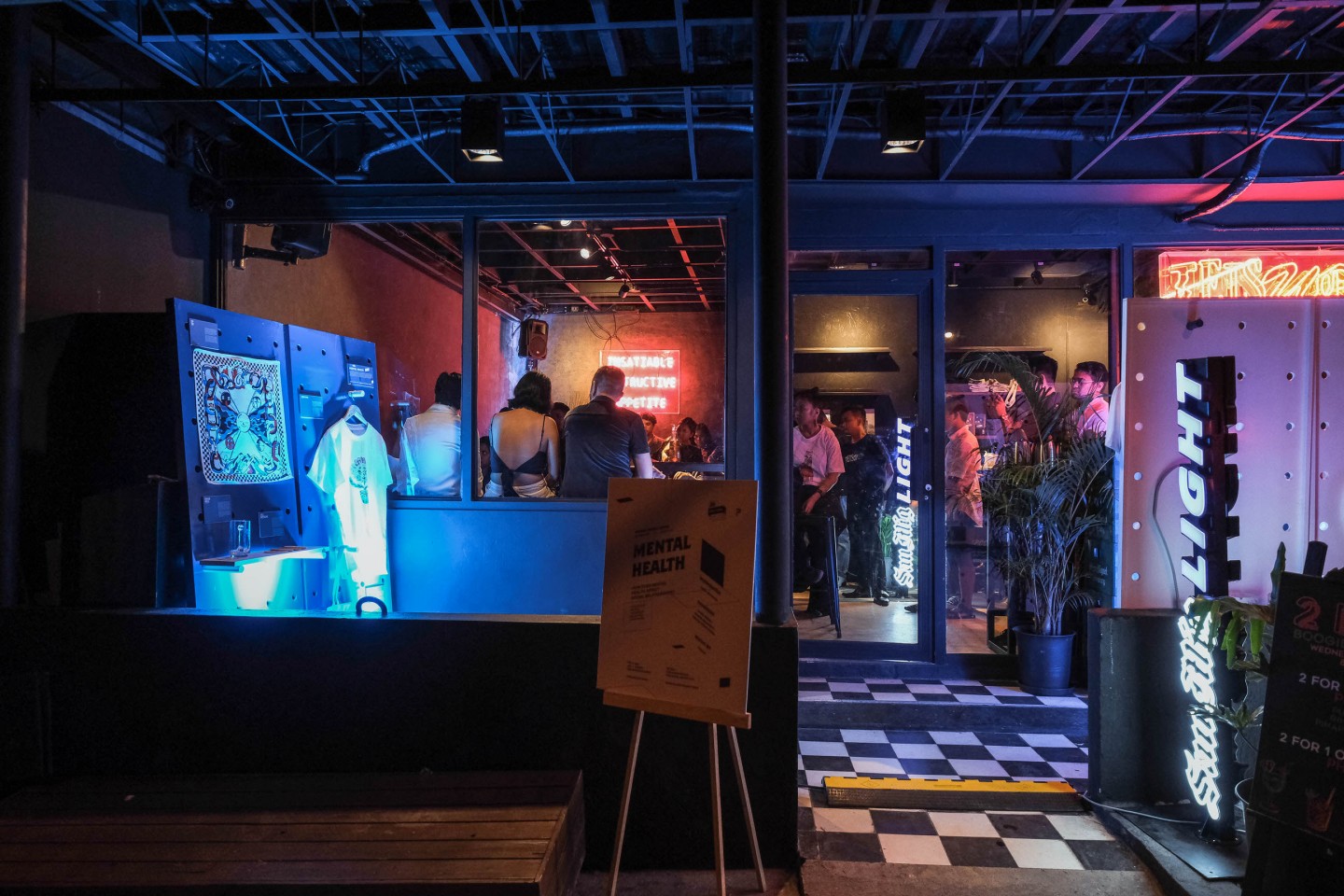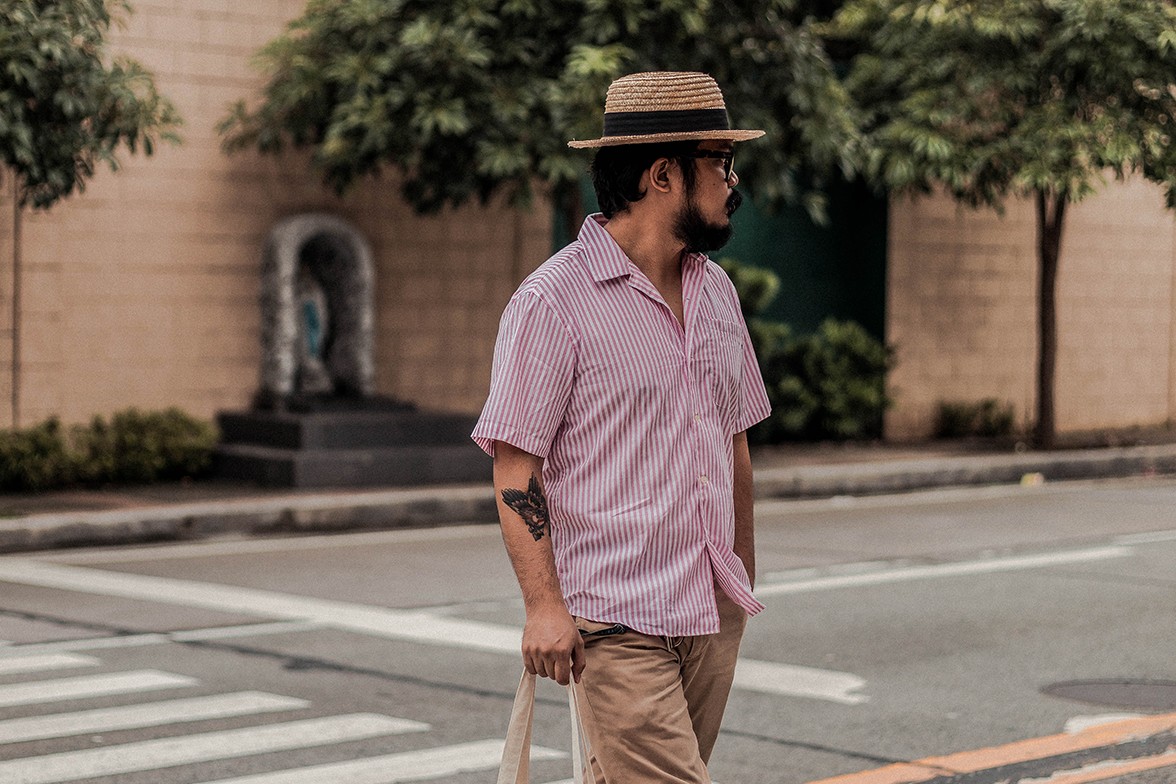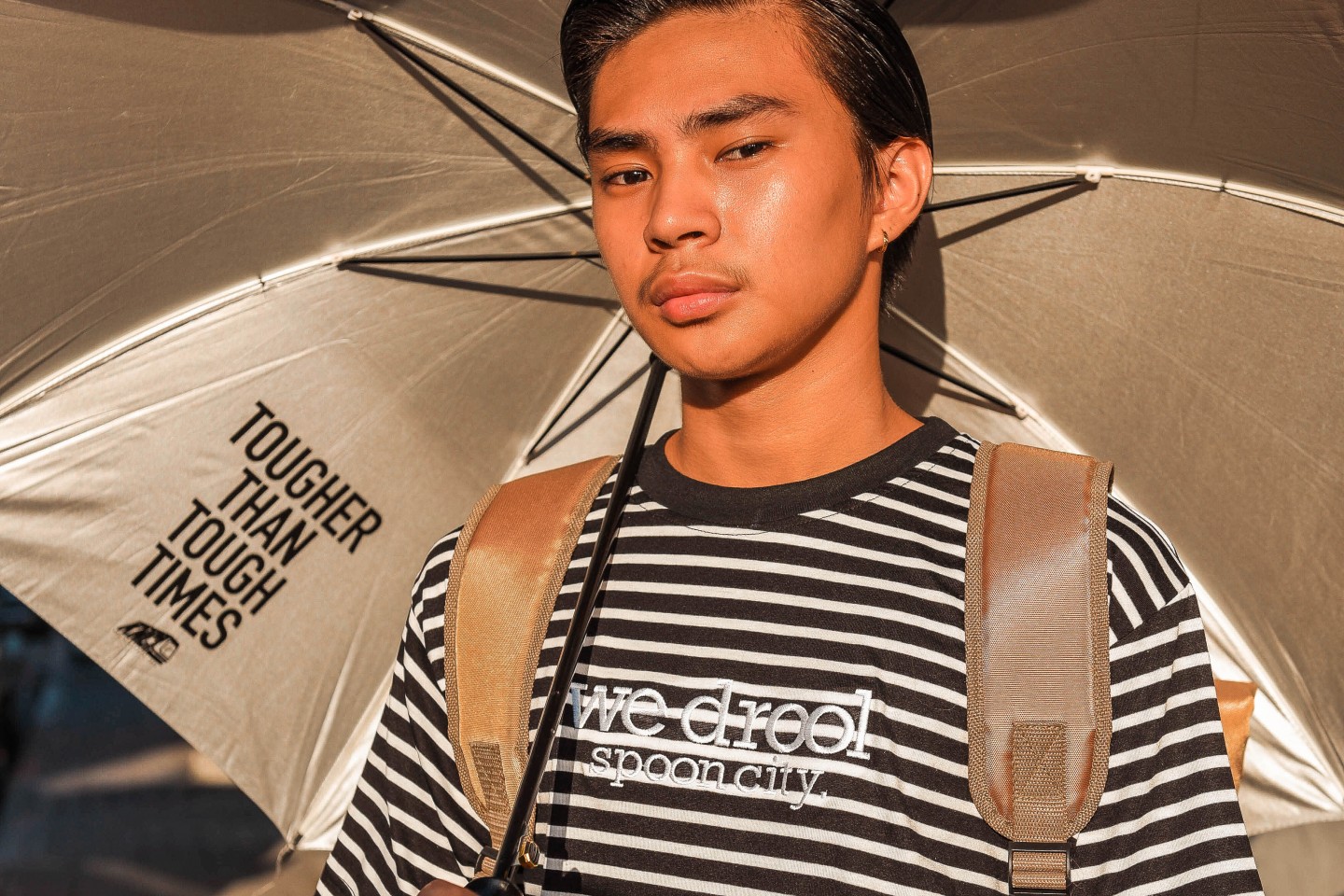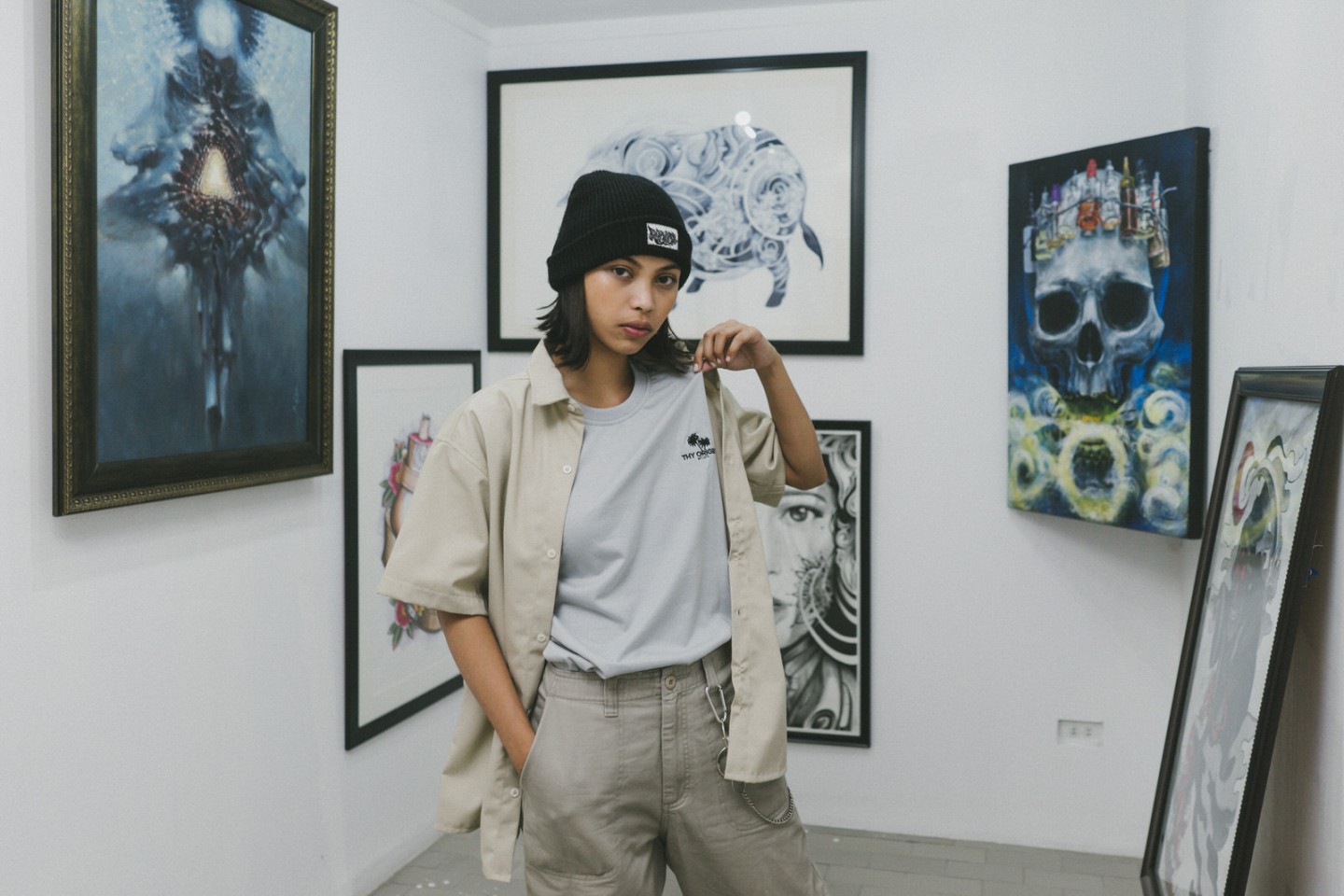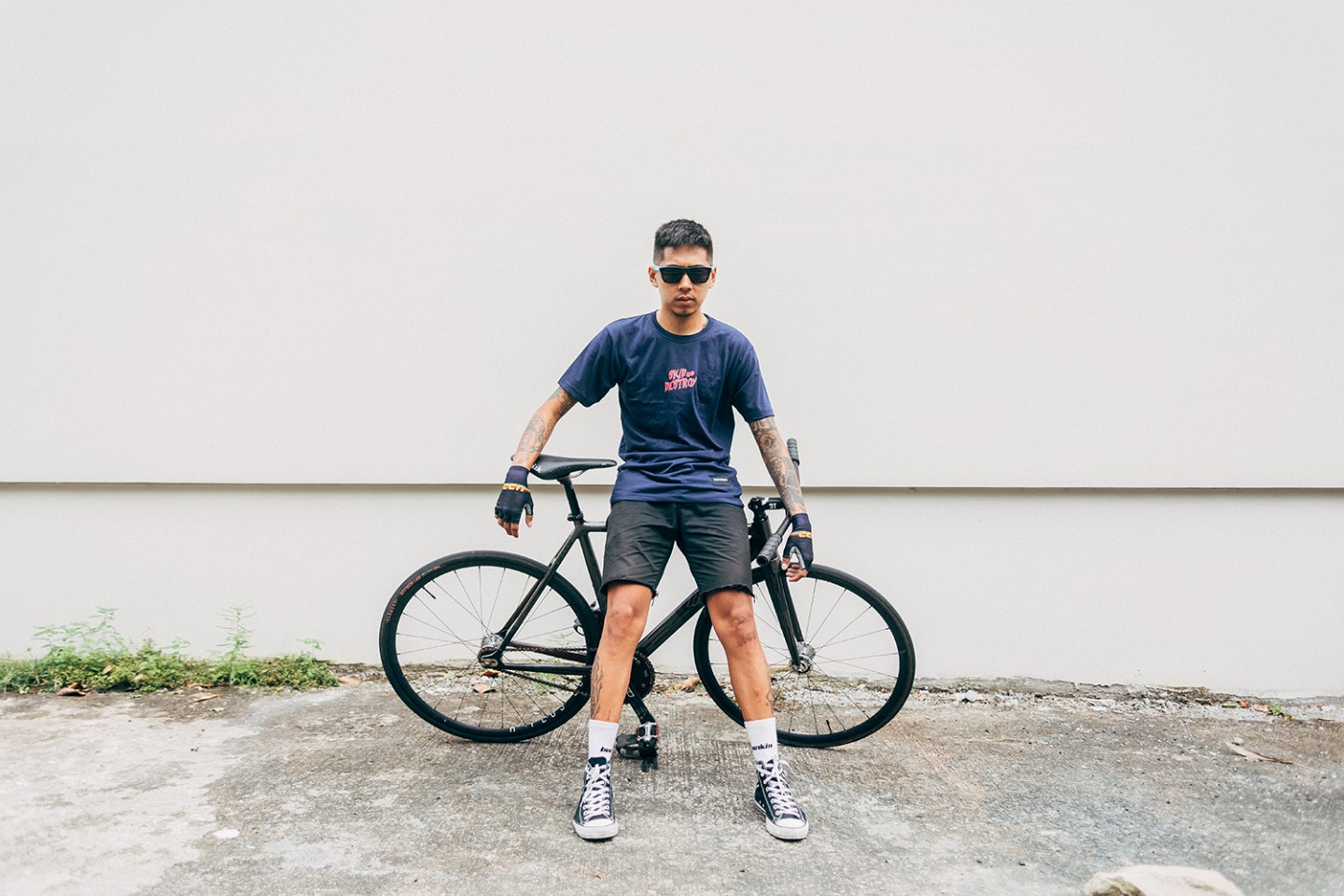
To cap off our 20 Light Years #MahabaHabangUsapan talks, we turned the focus onto Mental Health. Taking place in Tetsuo’s newly opened Makati branch and moderated by tattoo artist Kara Gonzales; featuring writer/events planner Regina Belmonte, chef Jetro Rafael, and painter/illustrator Tokwa Peñaflorida.
Of all the talks we held, this one easily touched upon the most delicate and personal subject matter, so we’ll have to issue a potential trigger warning for anyone who may be sensitive to this topic. This is also why a lot of thanks are due to the panel for being so willing to open up about something that people generally hesitate to talk about; working to help clear the negative stigmas and general unease that tend to surround conversations on mental health. I was initially unsure if Tetsuo was really the ideal place to hold this talk, but it registered pretty quickly: there isn’t really ever a place that feels “right” or “ideal” to talk about these things. If anything, Tetsuo’s well-considered space eased the atmosphere, and the excellent food on offer balanced the weight of the discussion.
Listen to the full discussion with Kara, Regina, Tokwa, and Jetro here. Recorded by Kindred Productions

Tattoo artist Kara Gonzales has been a mental health advocate since she was diagnosed with clinical depression and generalized anxiety disorder in 2016, and has found that tattooing is good for her: with the need to focus (you can’t make mistakes when tattooing, she says), she can find time to breathe and feel a little more at ease; it helps take her out of a noisy or negative headspace. One of the things she’s learned over the years is that kindness is of the utmost importance: “Kindness, not just to other people, but to ourselves.” Kara also noted that “the human spirit has so much capacity for good (and bad) things.” It makes us capable of withstanding the negatives in life, and it makes us capable of finding light at the end of the tunnel. Words of encouragement that would be echoed by the rest of the panel, albeit in a different shape or form.

Regina Belmonte was diagnosed with major depressive disorder and anxiety, and her experiences with her mental health have been a journey of changing paths and finding ways to expand her horizons. She began as a writer for a newspaper and magazine, but had to take a break to focus on her own well-being amidst questions about whether her work was where she should be. After some time spent centering herself and finding what else she might want to do, Regina has expanded into events planning, among other things. One of the things she shared has a common thread with the rest of the panel: “The value of kindness in everything: when you go through what we go through, you really notice the tiniest kindnesses make such a big impact on your life; how you feel about yourself, and how you treat other people.” A firm reminder that the little things are important, and they should never be disregarded; small steps towards feeling better, for instance.
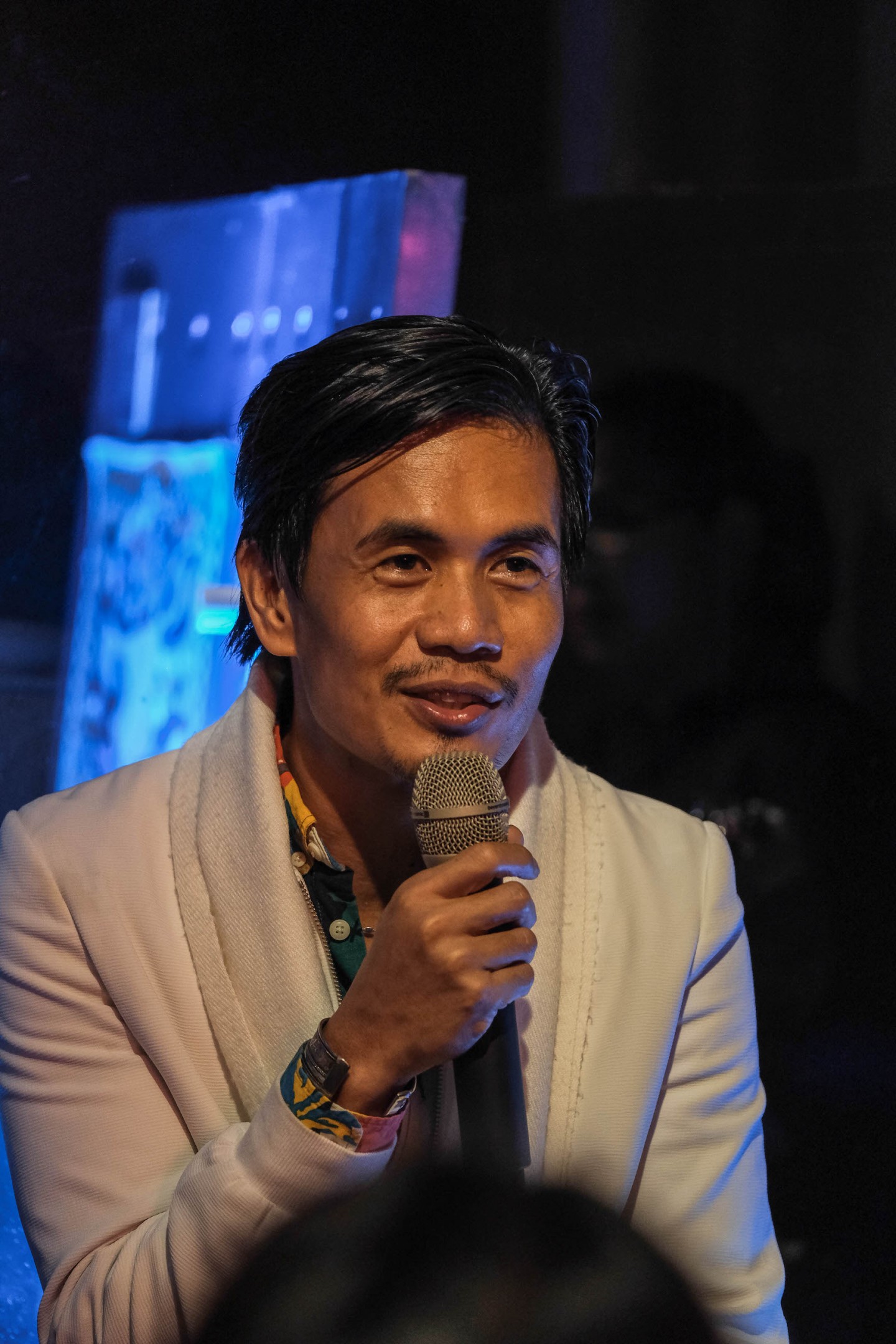
Chef Jetro Rafael was diagnosed with bipolar disorder in 2006, eventually turning his house into a restaurant and opening it under the name “Van Gogh is Bipolar”. This was part of his process to heal, turning the whole concept into a welcoming safe space, and offering dishes composed of ingredients that scientifically help change your mood — depending on what mood you’d like. Another extension of his restaurant is “The Love Project”, an open program patterned after Jetro’s experiences in his journey on natural self-healing; offering classes and workshops, among other things. He pointed out that, based on what he heard from the rest of the panel, it helps to think of dealing with mental health in three steps: “Process, self-awareness, (absolute) acceptance.” Jetro says that with this, and the aforementioned kindness to the self, “We learn to love and accept ourselves.”
Tokwa Peñaflorida was diagnosed with bipolar 1 disorder and onset schizophrenia, which he clarified is not the multiple personality disorder media tends to show, but rather is an occasional disconnect from reality, among other things. Tokwa encountered a point where he wondered if what he had been making was true to himself, and suddenly he was unhappy with art. He took a break, eventually accepting a teaching position “just to try it out.” He’d never planned on it, but it went well, and this is why he highly recommends trying new things; finding things that are refreshing. Tokwa lately has pushed to be more rational, understanding that “things don’t always go as planned,” but that he can be grateful when things go as expected. Tokwa also pointed out that “practicing empathy” is helpful, such as keeping in mind that people who are being unpleasant may be going through their own difficulties.


As I’d said earlier, this was definitely the heaviest talk and the most challenging to revisit. At a time when it feels like taking care of one’s mental health is more important than ever, this whole discussion feels incredibly relevant. Thanks are due to the panel yet again for their candor and willingness to open up about these things and talk through them, and their insights are invaluable for anyone who feels they may need to address some things. It’s not always easy, and there’s no single absolute way to deal with these kinds of issues, but it’s always worth keeping it to heart that there are people who can (and will) listen and understand. Be kind, be patient, and keep an open mind: not only when dealing with others, but especially when dealing with the self.


